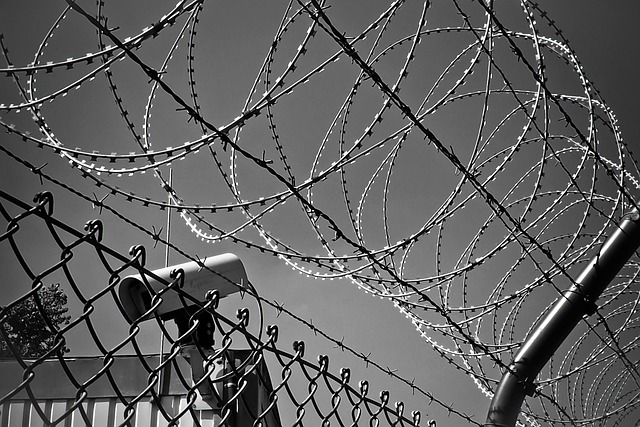In the realm of technology, the intersection of robotics and artificial intelligence (AI) continually reshapes how we understand and interact with automation. One of the key advancements paving the way for this evolution is the concept of conditional automata. This valuable framework provides a sophisticated method for decision-making, allowing machines to adapt in ways that mirror human-like reasoning. As businesses strive for efficiency and innovation, the integration of conditional automata serves not only to enhance robotic systems but also to redefine the automation landscape across industries.
Imagine a factory floor where robots seamlessly adapt to changing workflows. With conditional automata, these machines can process complex inputs and modify their actions in real-time based on specific conditions. This adaptability means that a robotic arm can switch tasks mid-process without the need for human intervention, optimizing productivity while minimizing downtime. Such agility is crucial in fast-paced environments where staying ahead of the competition is imperative.
The infusion of conditional automata into AI technologies heralds a shift from static programming to dynamic learning systems. Traditional automation often operates under fixed commands, limiting its flexibility. In contrast, AI systems powered by conditional automata can learn from past experiences and adjust their responses to new challenges. For businesses, this translates to smarter resource management and improved efficiency. A customer service AI, for instance, can alter its responses based on customer sentiment, creating a more personalized experience that fosters loyalty.
Moreover, the role of conditional automata extends beyond operational efficiency. As societies increasingly embrace automation, the ethical implications must also be addressed. With machines reacting to numerous variables, questions of accountability and bias arise. However, when implemented thoughtfully, conditional automata can incorporate ethical guidelines into their programming, allowing robots to navigate moral dilemmas while performing their duties. This capability not only enriches the functionality of automated systems but also aligns them more closely with human values.
Business automation driven by conditional automata fosters a culture of innovation, affirming that businesses need not shy away from the technological advancements that shape our future. Instead of viewing automation as a threat to employment, companies can recognize it as an opportunity to augment human skills. As robots take over metronomic tasks, humans can focus on higher-level strategic thinking, creativity, and resourcefulness—skills that are irreplaceable in the current economy.
Furthermore, the application of conditional automata is reaching new heights in various sectors. In healthcare, robotic surgical assistants now operate with a level of precision that was previously unimaginable. These machines can adjust their techniques based on real-time feedback, ensuring enhanced patient outcomes. Similarly, in agriculture, drones equipped with conditional automata optimize irrigation and pest control by responding to environmental changes on the fly, promoting sustainable practices that can lead to food security.
As we continue to explore the profound impact of conditional automata in robotics and AI, it becomes clear that the conversation around business automation must evolve. Embracing this technology signals a commitment to innovation and adaptation, ensuring that businesses not only survive but thrive in an increasingly automated world. By leveraging the power of conditional automata, organizations can create more responsive systems that not only drive efficiency but also enable a deeper human-technology collaboration, setting the stage for unprecedented growth and transformation.



